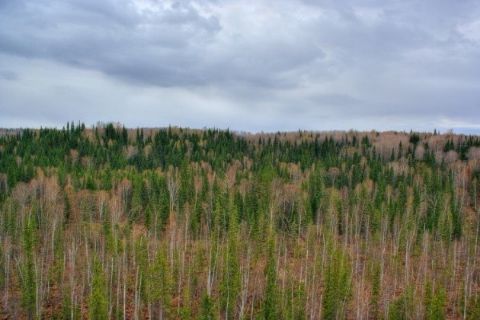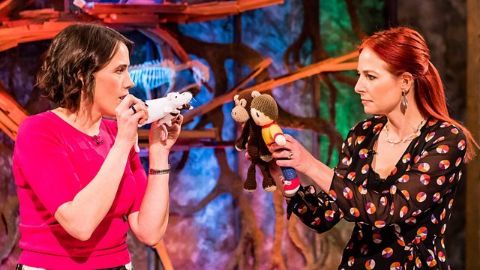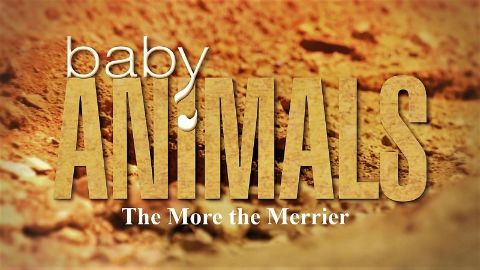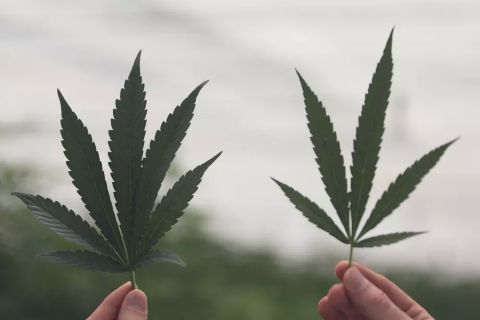You might also like
There is no uncommon sight hanging on the trees of Asian black bears, chipmunks, scurrying about in search of food, as well as the sika deer, gracefully descend to the water to supplement your diet with brown algae. The very presence of deer and deer attracts the largest predator in this region - the Amur tiger. But the world's largest wild cat is also at risk. Poaching and destruction of habitat of tigers in the Ussuri taiga in Russia for many years have created a real threat of extinction of this rare animal.
S1E2 • Wild Russia • 2009 • Nature
Describes the inhospitable habitats of snow and ice. Mount Rainier in America is an example of such a place: there is no vegetation, therefore no herbivores and thus no carnivores. However, beneath its frosty surface, algae grow and some insects, such as ladybirds visit the slopes. Africa’s mountains are permanently snow-covered, and beneath peaks such as Kilimanjaro and Mount Kenya, there are communities of plants and animals.
2/12 • The Living Planet • 1984 • Nature
Professor Alice Roberts explores the story of human evolution, revealing how a humble African ape became a successful global species. With daring parkour athletes and life-size primate animatronics, Alice explores the greatest leaps in our evolution by conjuring fire and re-enacting how we spread across the globe.
S1E2 • Who Am I (Royal Institution Christmas Lectures) • 2018 • Nature
Some species need to be part of a group to survive--more so when they're in their infancy and taking their first, uncertain steps into the world. Join in the rough-and-tumble lives of black bear cubs, playful meerkat pups, and adorable fur seals.
S1E3 • Baby Animals • 2016 • Nature
If you have ever wondered what would happen in your own home if you were taken away and everything inside was left to rot, the answer is revealed in this programme which explores the strange and surprising science of decay. For two months, a glass box containing a typical kitchen and garden was left to rot in full public view within Edinburgh Zoo. In this resulting documentary, Dr George McGavin and his team use time-lapse cameras and specialist photography to capture the extraordinary way in which moulds, microbes and insects are able to break down our everyday things and allow new life to emerge from old. Decay is something that many of us are repulsed by, but as the programme shows, it's a process that's vital in nature. And seen in close up, it has an unexpected and sometimes mesmerising beauty.
2011 • Nature





